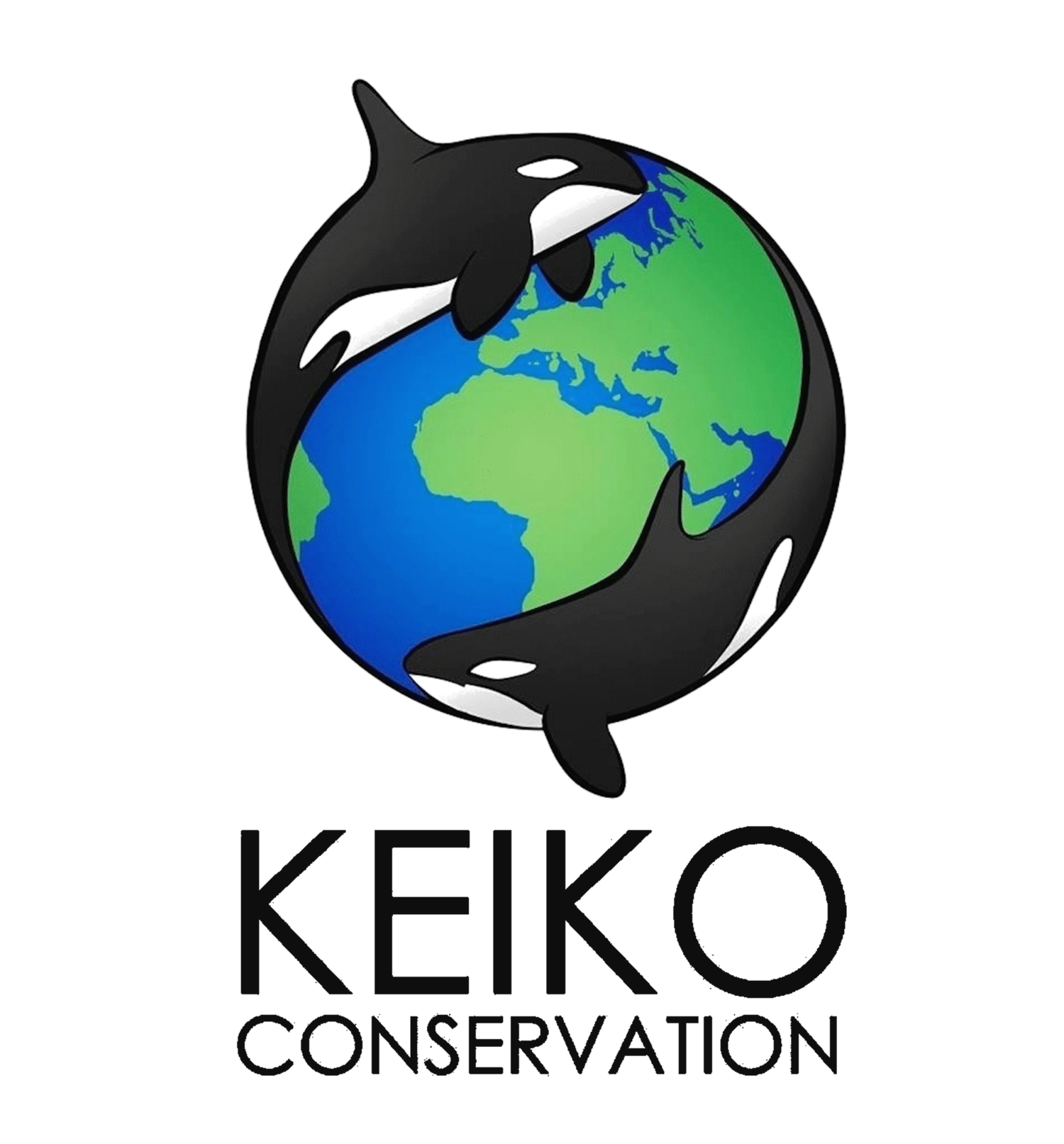Plastic Free Travel
Traveling to remote destinations including small developing states (SIDS) like the Maldives or Fiji might seem like leaving the problems faced by the world behind. Unfortunately, SIDS, with their large swaths of coastline, provide some of the most visible examples of the damage plastic pollution can cause.
These locations are almost the most vulnerable to climate change and marine pollution due to their small size, topography, and often under developed waste disposal and recycling infrastructure (UN Chronicle 2017). As a result, any additional stress put on these SIDS in the form of plastic waste produced as a result of tourists adds unnecessary stressors to the environment.
However, just like flying plastic free, packing your bags for vacation and leave the plastic at home simply requires a little bit of planning.
Go local! Embrace the location you are visiting and focus on patronizing local restaurants, businesses, and tourism operators. This will cut down carbon emissions and plastic waste from the import process but will also support local communities.
Learn a few phrases of the local language including how to say “no plastic please.“ This can help to ensure you do not contribute plastic waste like straws, plastic bags, and other single use debris. In addition, remember to pack a reusable straw and tote bag as well.
When packing for your destination, think about your toiletries and consider taking items such as a shampoo and conditioner bar, toothpaste in a glass jar, a reusable tooth brush, and reef-safe sunscreen. Another option is to pack your liquids in reusable silicone containers!
Remember to avoid using the provided toiletries in your accommodations. These items, such as single use bottles of shampoo, while convenient, are a perfect example of the kinds of plastic use you want to avoid. All you have to do is not touch them!
Consider participating a local clean up! If you are traveling to a popular destination for diving or other marine tourism, then beach or underwater clean ups are a common practice. Not only is this a good way t ogive back to the local community but it is also a way to help lessen your environmental footprint overall.
Finally, remember your packing list! In addition to the items mentioned above don’t forget to pack a reusable water bottle, to-go containers for snacks and leftovers, and consider taking along a bathing suit that is good for the earth!
Author: Christina Hoenow

